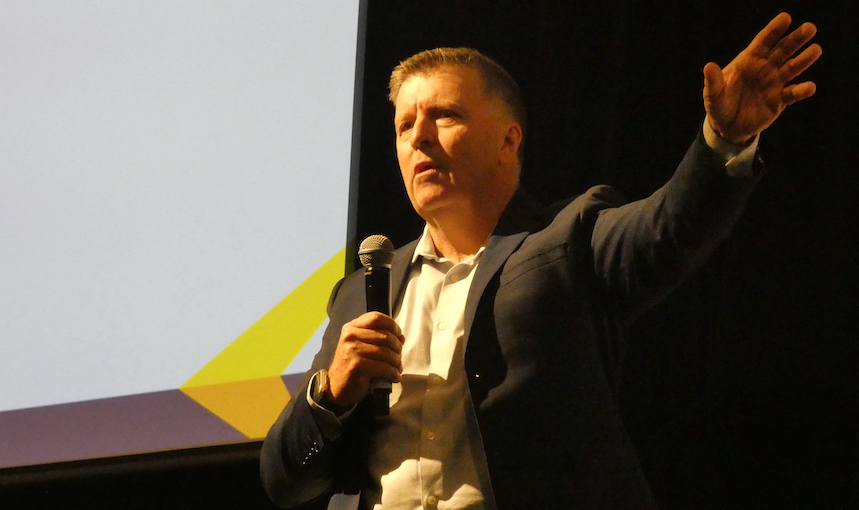THE SECOND day of the International Forwarders and Customs Brokers Association of Australia national conference revolved around supply chain integrity, digitalisation and the maritime aspect of the industry.
Taking place on the Gold Coast, the 2022 IFCBAA National Conference began on Friday and had so far covered topics ranging from air freight and employee retention to the findings of the ACCC Container stevedoring monitoring report 2020-21.
On Saturday morning, commander Pam Radin of the Australian Border Force discussed some emerging threats to the security of the Australian border, and the value of a relationship between the ABF and the freight and logistics industry in mitigating them.
“The border continuum is very fluid and very complex … we’ve got to work smarter to facilitate the flow of people and movements through all our complex supply chains,” she said.
“Strong relationships are everything. We need to have a great relationship and our industry partners, and we’ve got to uphold the trust of the Australian people in our role of protecting the borders.”
Beyond supply chain security, delegates were encouraged to strengthen their businesses’ cyber security and critical infrastructure.
Penelope Robinson, acting assistant secretary, industry partnerships, cyber and infrastructure at the Department of Home Affairs, listed the most common cyber security threats businesses experience, namely phishing, ransomware and business email compromise.
Managing director of MPC International Peter Creeden discussed digitalisation across the supply chain, and how technology can be used to help the industry overcome waves of disruptions.
He said the industry is several years away from reaching a point where technology and machines do the bulk of the work.
“That should be the focus of everyone in the room: how do we get away from doing the process and getting to a place of managing the process?”
Lunch was followed by a ports update presented by Port of Brisbane chief operating officer Peter Keyte and Ports Australia CEO Mike Gallacher.
Mr Keyte delved into recent and upcoming developments at Port of Brisbane such as the return of cruise ships and an ongoing push to connect the port to the Inland Rail.
He also recalled recent incidents and disruptions at the port, namely a short period of extreme weather earlier this year which left lasting impacts on the port and its operations.
Mr Gallacher said federal governments and environmental authorities have turned their attention to sustainability and decarbonisation in the maritime sector.
He also spoke about how ports are becoming increasingly mindful of surrounding communities, because communities are becoming aware of the impact ports can have on not only the environment, but on noise levels.
“Above water and underwater noise is a huge issue for us because, during COVID, everyone was at home. Trucks weren’t running. There were no planes in the air. Everything was a lot quieter. ‘Where is that hum coming from?’ It’s an operational port that’s been there forever.”
Mr Gallacher said the nation had woken up to the idea of Australia as a maritime nation, and that the Liberal/National and Labor governments had both committed to investing in the ports and maritime sector during the federal election.
In the final session of the conference, Engaging People managing director Gabriel Edwards shifted the focus back onto the delegates themselves and wrapped up with a talk on resilience in leadership.
She stressed the importance of mental health in the freight forwarding and customs broking industry, particularly amid increasing workloads and global challenges.

